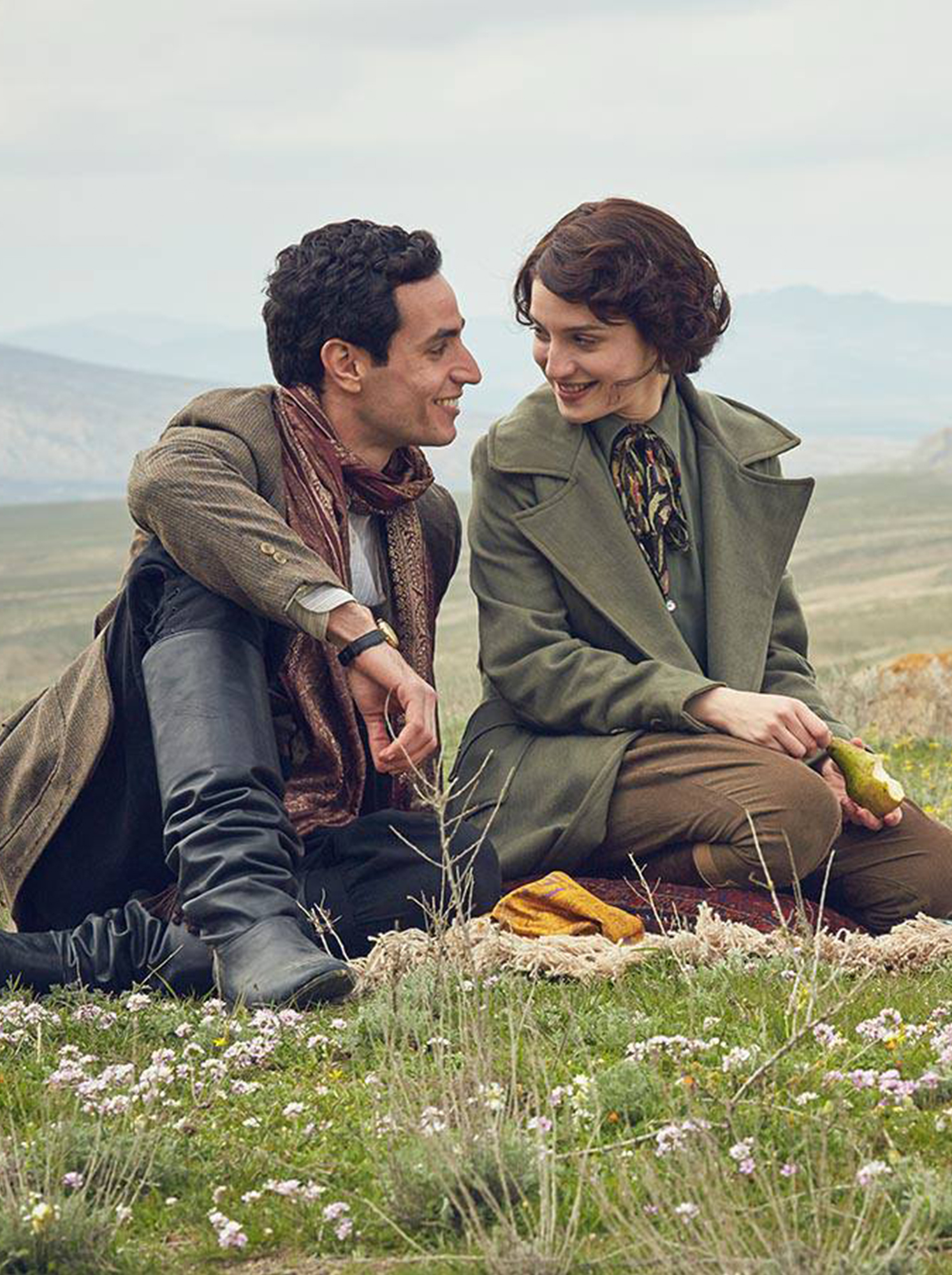



First Daughter Leyla Aliyeva served as the film’s executive producer, and First Lady Mehriban Aliyeva attended its October premiere in Baku. Most of that media hype has come from Azerbaijan. “It is a beautifully shot film with terribly stale dialogue and acting,” commented Maya Natsvlishvili, a media consultant and movie aficionado. “I enjoyed reading the novel and was looking forward to watching the film, but it was quite disappointing, despite the media hype.” Viewers at one movie theater in the Georgian capital Tbilisi, the fictional Nino Kipiani’s hometown, felt they were left with a syrupy, placid melodrama. Shirvanshir's cunning Armenian friend Melik Nachararyan ("a fat man with sheep's eyes"), who, in the book, kidnaps Kipiani and is killed by Shirvanshir, becomes a debonair, decent man (played by Italian actor Riccardo Scamarcio), struggling to reconcile his love for Kipiani with his loyalty to his Azeri friend. In the original novel, Ali Khan Shirvanshir’s choice for a wife echoes, as Said puts it, Azerbaijan’s own choice between “progressive Europe and reactionary Asia.” Shirvanshir, for instance, agrees that his wife will not have to wear a veil, yet his father initially objects to the wedding as unsuitable for a Muslim man.īut in the movie, the gaping cultural divide between the two star-crossed lovers (played by Palestinian actor Adam Bakri and Spanish actress Maria Velverde ) is reduced to a few cherry-picked, zingy one-liners. Set during the Russian Empire’s twilight years, British director Ali Kapadia’s new take on Kurban Said’s 1937 novel follows the story of a passionate relationship between a spirited, young Muslim nobleman from Azerbaijan, Ali Khan Shirvanshir, and a Christian aristocrat, Nino Kipiani, from neighboring Georgia.

A screen adaptation of the South Caucasus’ famous love story, Ali and Nino, promoted by the Azerbaijani government, strikes many local viewers more as a travel commercial for Azerbaijan than as a faithful reenactment of the most enigmatic book to come out of this region in the past century.


 0 kommentar(er)
0 kommentar(er)
